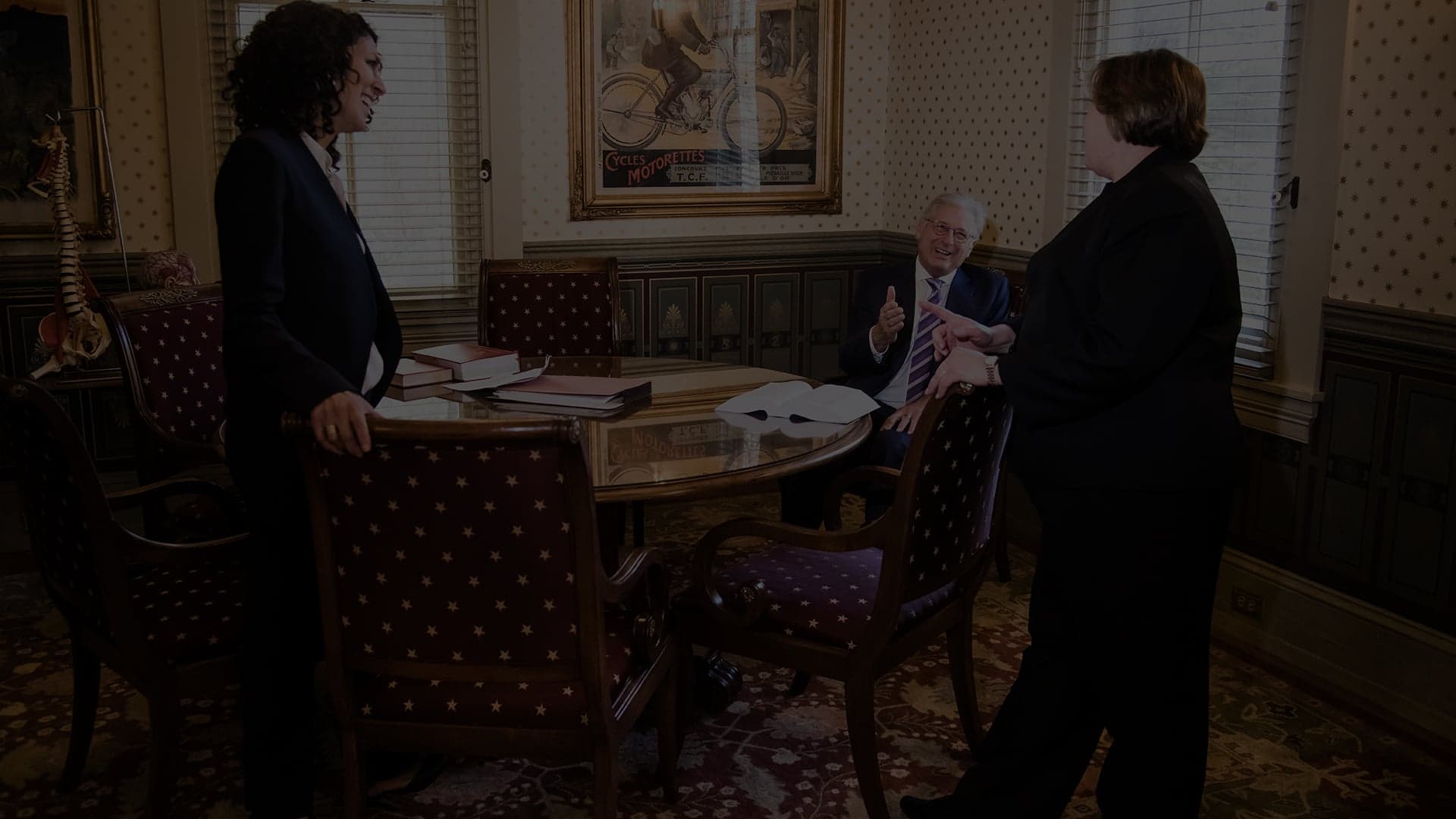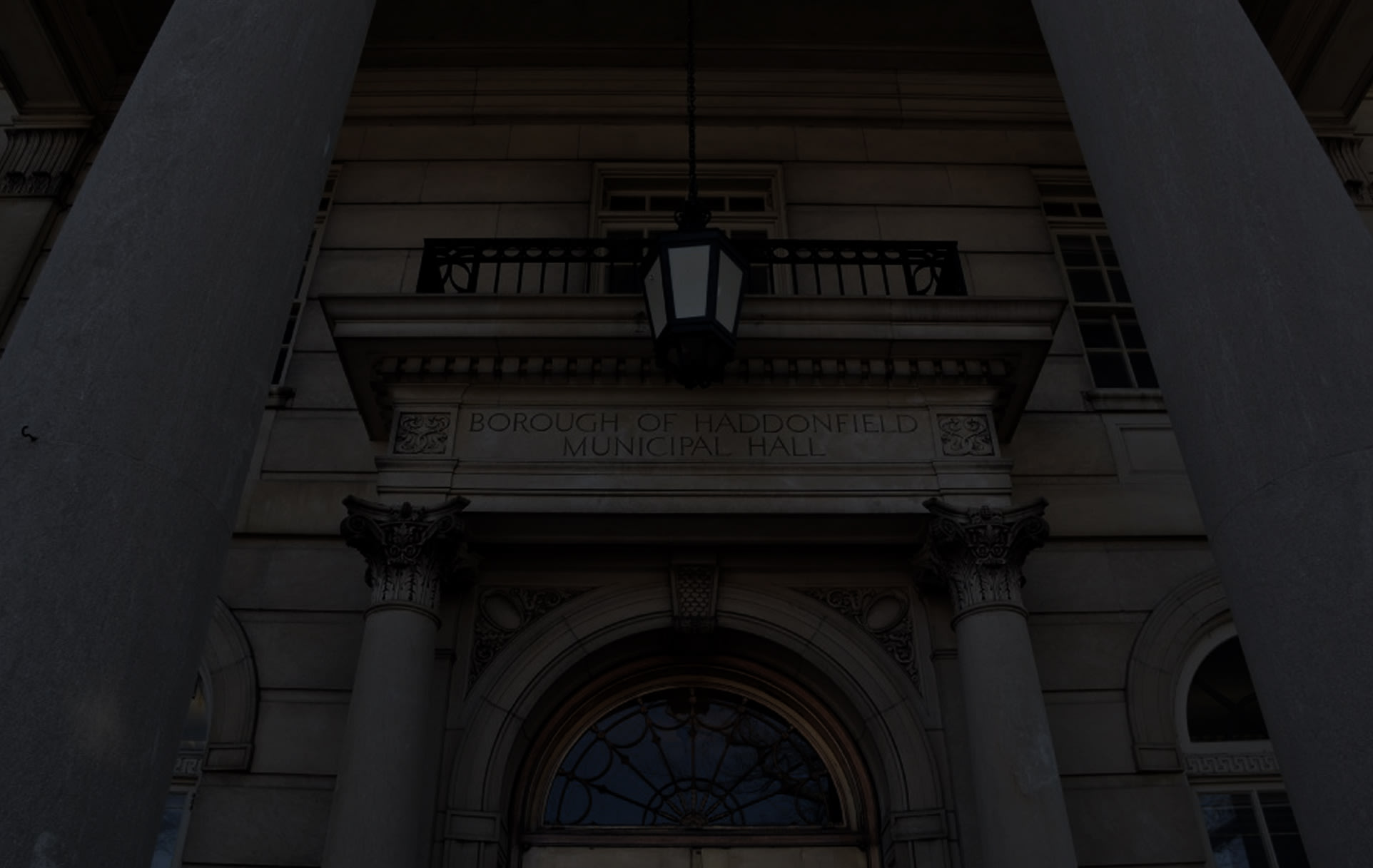In the medical community, doctor-patient confidentiality is considered to be of paramount importance. When a patient consults with a physician it is done with the expectation that their doctor would keep certain types of information in confidence.
So what types of patient information are doctors expected to keep confidential? It would include the following types of personal information:
- The psychical and mental health of the individual
- Family history of psychical and mental health
- Information relating to organ donating
- Information concerning a patient substitute decision maker
Doctors want to act in accordance with their legal obligations in connection with doctor-patient confidentiality. If a patient does have confidence that certain personal and sensitive information will be kept in confidence they will be more inclined to share pertinent health information with their physicians. This would in turn raise the standards of medical care.
There are a few areas where it would be permissible for a doctor to share a patient’s personal information. This would include the following exceptions:
- They have consent from the patient or from the substitute decision maker
- It is permitted under legislation to share the personal information without the consent from the patient or substitute decision makers
- The law requires the physician to share certain information
In the majority of situations these exceptions would not apply. It is important that a doctor uses good judgment in determining if a situation would be an exception to the general rule of doctor-patient confidentiality.
Patient Giving Consent
Concerning the aspect of a doctor receiving consent from a patient, this can be implied or expressed. For example a doctor can reasonably assumed that they have the patient’s consent to share information which would assist in them receiving necessary medical treatment. This means that a physician may share certain pertinent medical information with any other doctors or nurses who may be directly involved in rendering health care.
Expressed consent would apply to the patient sharing his information with those that are not directly involved with rendering health care.
What is a “Lock Box”?
“Lock box” is a term in the medical community that relates to information that a patient has specifically restricted from being shared with anyone. This would include other health care workers who may be involved with rendering medical attention.
At times this could pose a legitimate challenge to the patient’s doctor. If the physician feels that they cannot adequately care for the patient’s needs without sharing certain information this can be explained to the patient. They can explain the risks that would be associated from withholding certain information. Also if it is not an emergency situation a doctor can refuse to treat a patient if it is determined that the patient decision to with hold certain information is putting them at risk.
Even in the cases of “lock boxes” a patient cannot prevent their doctor from sharing their personal info when legally required to do so.
Legally Required to Share Personal Information
Here are a few examples of situations where a doctor may be required to share a patient’s confidential info:
- Monitoring payment claims from the Ministry of Health
- A doctor receives a subpoena or court order to share personal information
- Certain legal institutions may at times require mandatory reports which may require that a doctor share certain personal information
It is important that both patient and physician fully understand their legal rights in connection with doctor-patient confidentiality.













